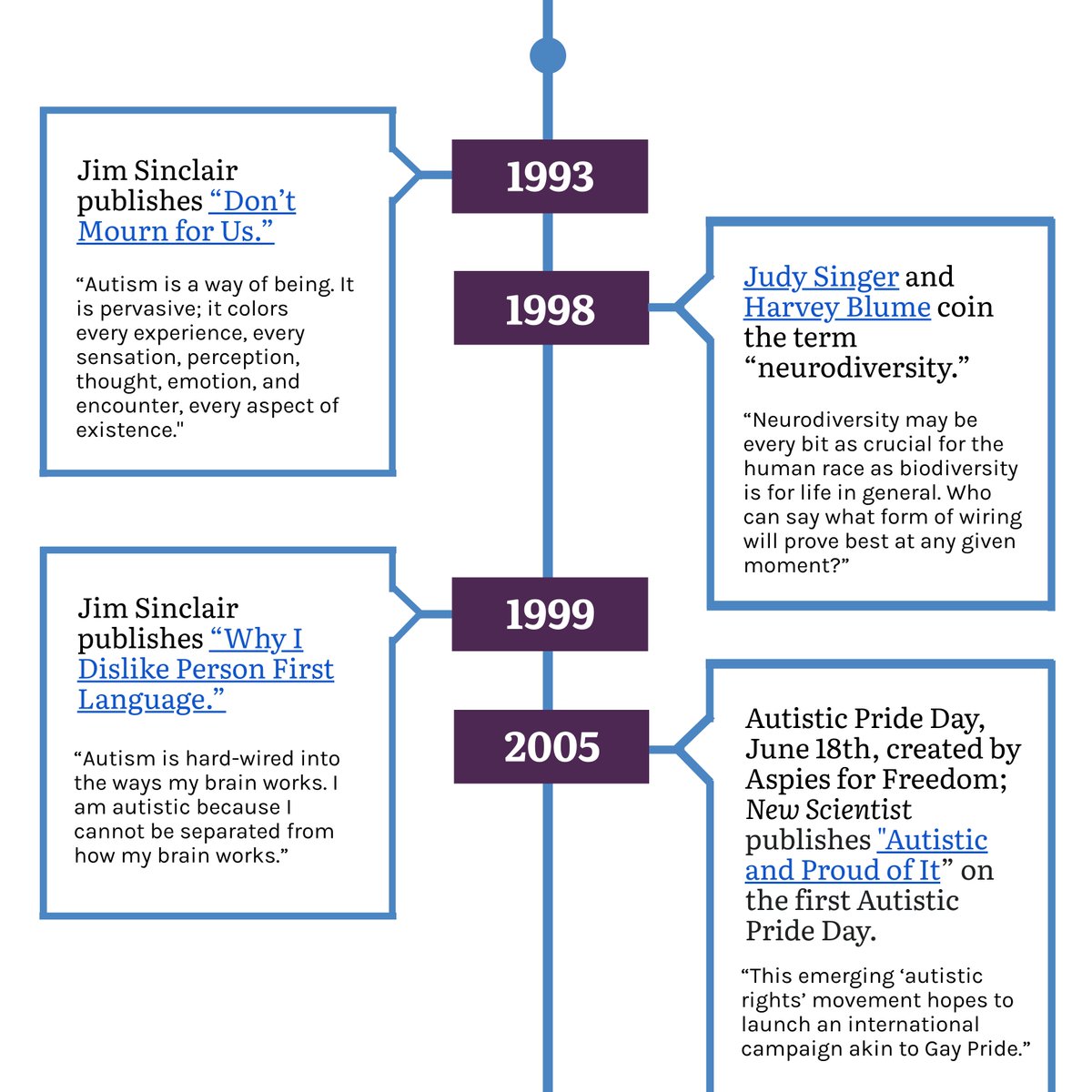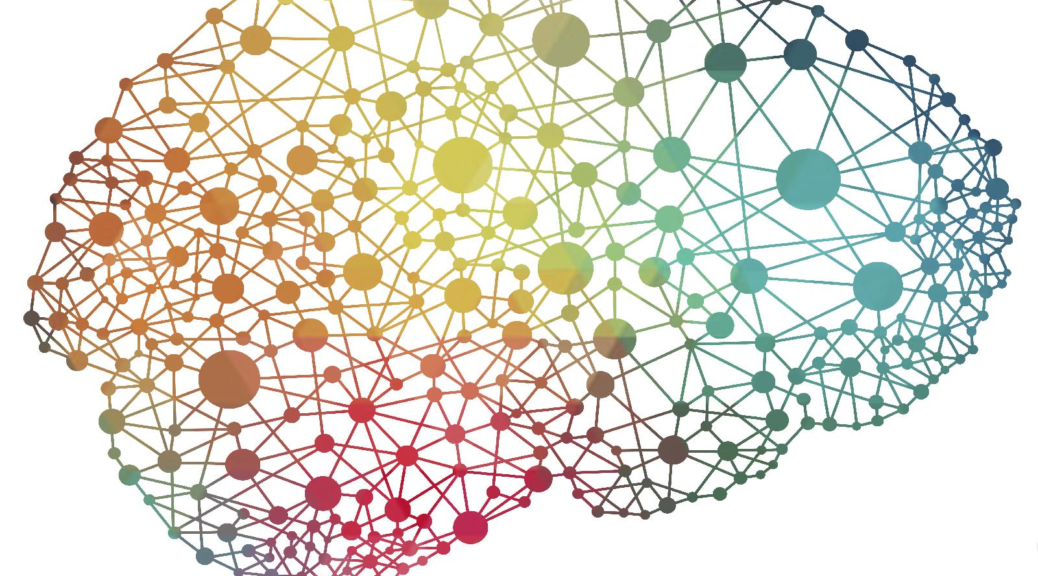

I’m more worried about what will happen to those who are tried and found wanting in the relentless quest for speed, efficiency and productivity that characterise our hyper-capitalist era. On the other hand, since psychopathy and narcissism are also neurodivergent traits, perhaps we need to focus a little on why our culture unquestioningly turns such anti-social weaknesses into “competitive advantages”.

Some people will need more time, more accommodations, more patience.

By definition we all have strengths and weaknesses. “The test of real acceptance is when minorities of all kinds are allowed be as flawed as the dominant majority without being stereotyped and ‘othered’. Ms Singer draws our attention to the dynamics of full inclusion. And to this I say, “good” because blind faith in a pure system in which all neurominorities are frustrated Einsteins who could all change the world if they had the opportunity is simply naïve.Ī small zen garden ying yang symbol isolated on white symbolizing both sides of the same coin. People who have me on a pedestal find this terribly disappointing and it can ruin their whole “faith” in the system. Yes, as an ADHD leader I am inspiringly passionate, committed and achieve great things when I am in hyper focus, but I also have entire weeks where I barely manage to finish a sandwich and make hasty, ill thought through statements. As a member of this movement, who has actively contributed to the neurodiverse strengths’ narrative, I feel a sense of responsibility to reset the record. Similarly to revering women when they are compassionate leaders and then vilifying them when they make tough leadership decisions (Exhibit A: Jacinda Arden), holding neurominorities to higher standards of expectation than neurotypical peers is not just unrealistic, it’s discrimination. We’ve become unwilling to see that just like neurotypicals, sometimes we are mean-spirited, selfish, and argumentative. And further, we’ve turned the idea of neurodifferences into Pollyanna concepts, we’ve put neurodivergents onto a pedestal. We wait with bated breath for Dyslexics to deliver awe-inspiring creativity and innovation and for Dyspraxics to bestow empathy upon us. ADHDers are touted as engines of energy and passion, never running out of steam. Autistic people are expected to be magical mystical work fairies who can solve our technology problems in their mind palaces. And, as it progresses, it has picked up the Pollyanna tendencies of the twenty-first century. Neurodiversity inclusion is increasingly likely to be present in EDI policies alongside gender, race and LGBTQIA+ in many leading industries (though I note that disability more broadly is lagging behind). The Neurodiversity movement is progressing towards an acceptance in mainstream business.


 0 kommentar(er)
0 kommentar(er)
